Dolphins use coral ‘clinics’ for skincare

Dolphins are rubbing up against certain types of coral to help alleviate skin conditions, research by a Swiss and German team suggests.
The findings, published in the iScience journalExternal link this week, have shown that these corals have medicinal properties.
Researchers wanted to know why some Indo-Pacific bottlenose dolphins rub against certain corals. Co-lead author Angela ZiltenerExternal link, a wildlife biologist at the University of Zurich (UZH), first observed the behaviour in the Northern Red Sea, off the coast of Egypt, thirteen years ago.
She and her team noticed that the marine mammals were selective about which reef corals they rubbed against. “I hadn’t seen this coral rubbing behaviour described before, and it was clear that the dolphins knew exactly which coral they wanted to use,” said Ziltener in a UZH statement on ThursdayExternal link. “I thought, ‘There must be a reason.’”
Dolphins rub themselves against special corals to treat their skin problems. Researchers at the Universities of Zurich and Giessen show that these corals have biospecific properties. @DWAORGExternal link @jlugiessenExternal link https://t.co/mBxNP3w5WgExternal link pic.twitter.com/QIgAt6WO41External link
— University of Zurich (@UZH_en) May 19, 2022External link
As Ziltener is a diver, she was able to study the dolphins up close, once she had earned the trust of the pod. This allowed the researchers to identify and sample the corals – and the mucus being released by the dolphins’ repeated actions.
Medicinal properties
Analysis by lead author Gertrud Morlock, an analytical chemist and food scientist at Justus Liebig University Giessen in Germany, found 17 active metabolites with antibacterial, antioxidative, hormonal, and toxic activities.
Like humans, dolphins can get skin conditions too. “This discovery of these bioactive compounds led the team to believe that the mucus of the corals and sponges is serving to regulate the dolphin skin’s microbiome and treat infections,” the UZH statement said.
Coral reefs are important places for the local dolphin populations. They go there to rest and have fun. “Many people don’t realise that these coral reefs are bedrooms for the dolphins, and playgrounds as well,” said Ziltener. In between naps, the dolphins often wake up and perform the coral rubbing behaviour. “It’s almost like they are showering, cleaning themselves before they go to sleep or get up for the day,” she added.
Ziltener is concerned about the impact of tourism on dolphins, so she has started an organisation called Dolphin Watch AllianceExternal link to help protect them and the reefs. She and her team hope they can keep on studying coral rubbing to find out more about the practice.

In compliance with the JTI standards
More: SWI swissinfo.ch certified by the Journalism Trust Initiative








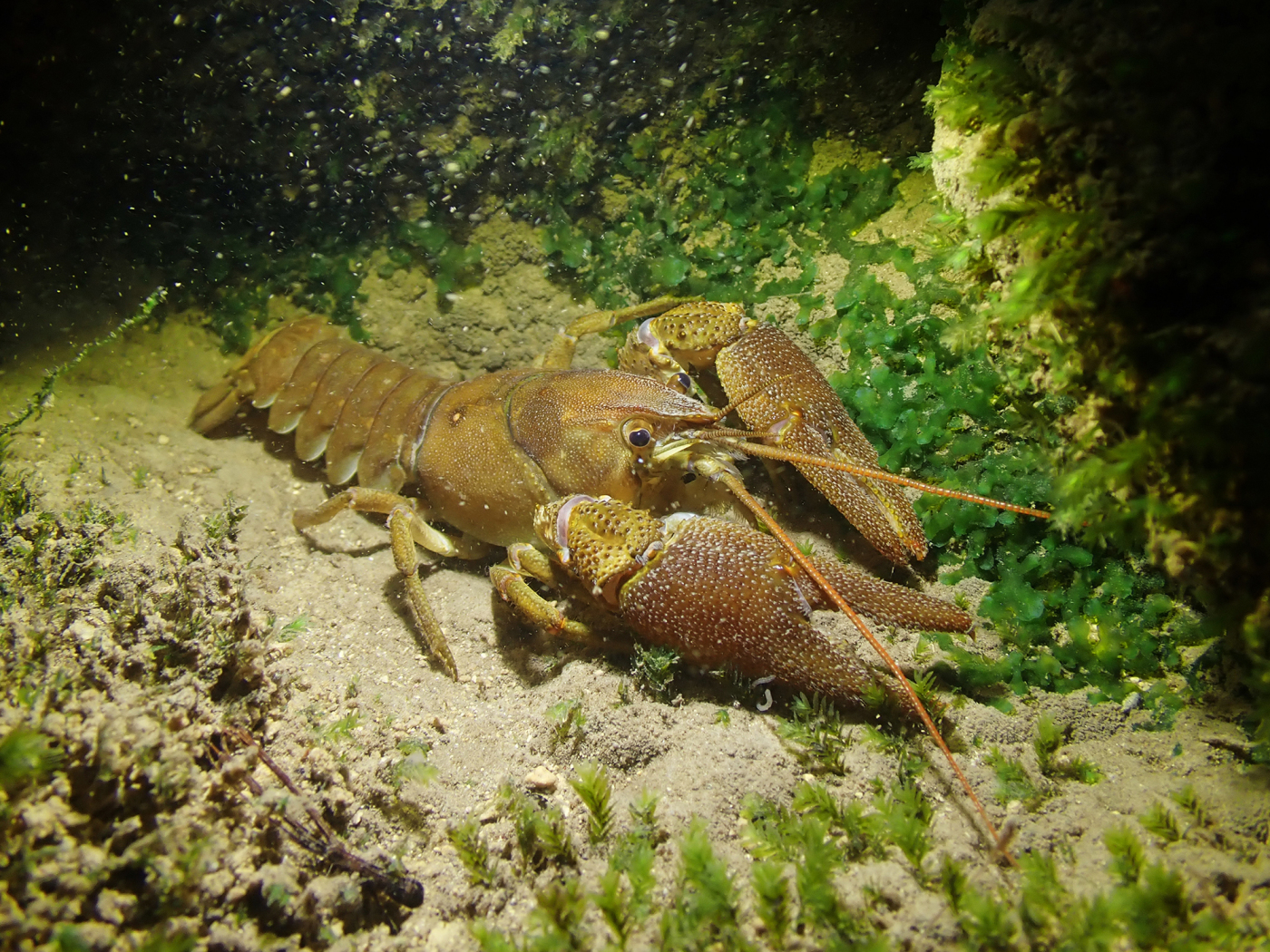
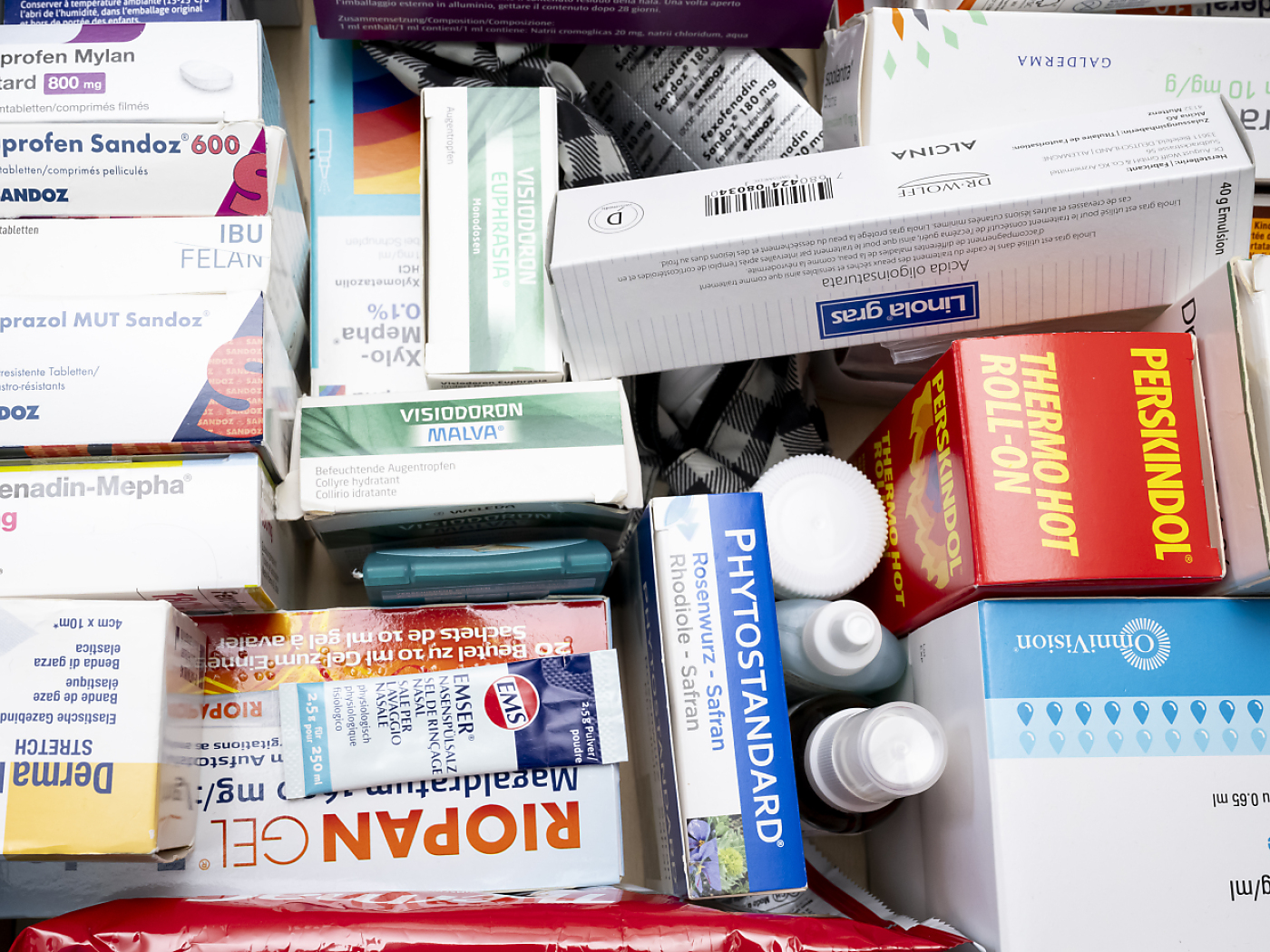

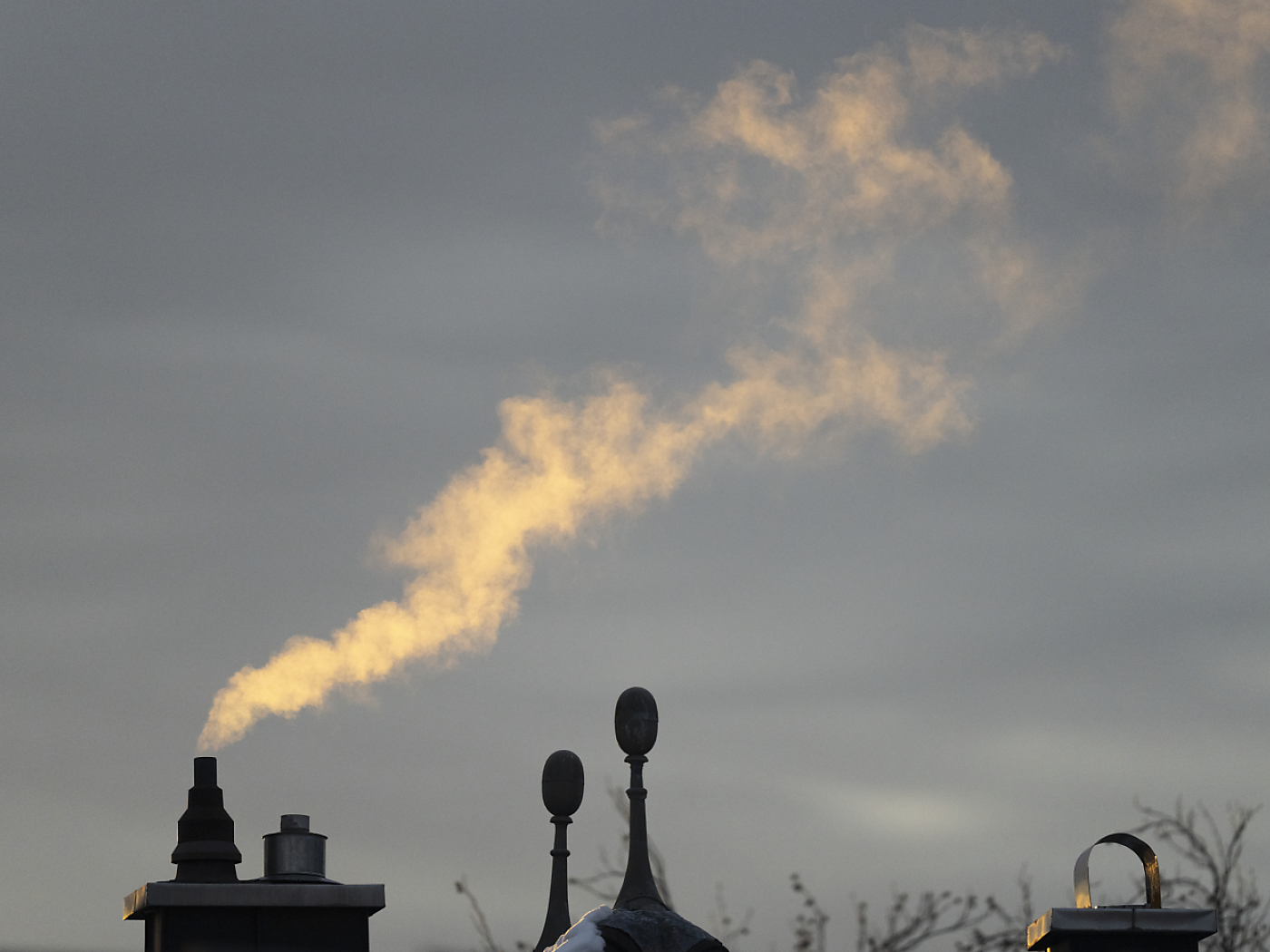





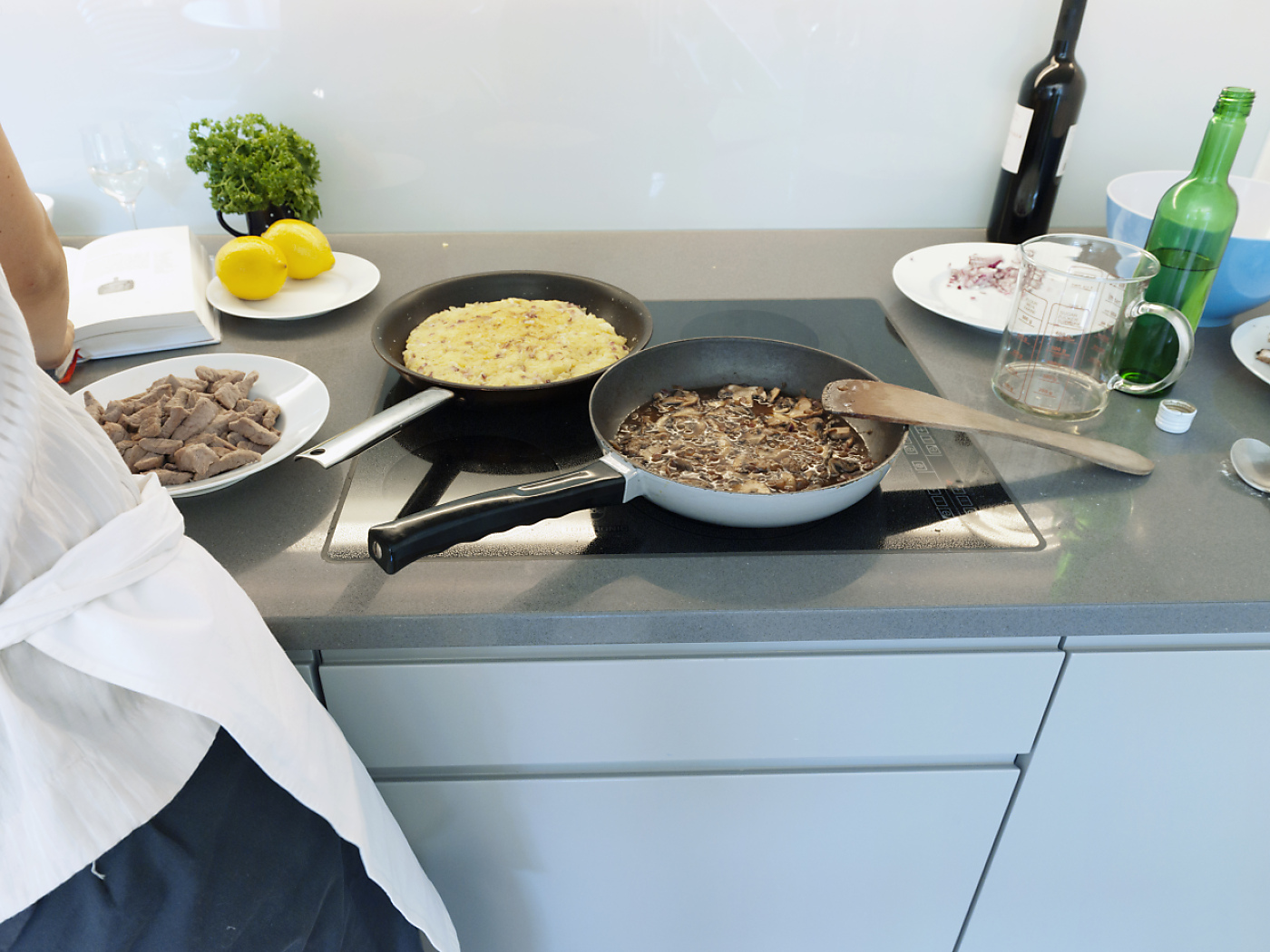

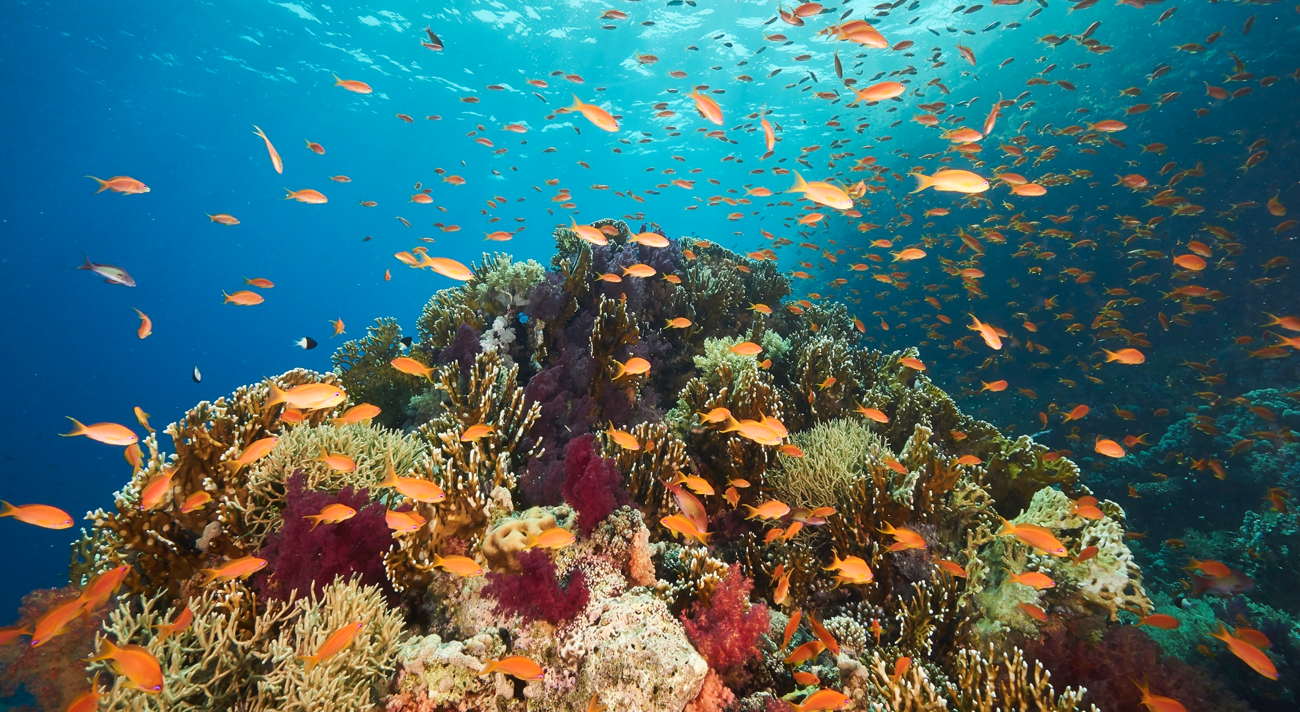
You can find an overview of ongoing debates with our journalists here . Please join us!
If you want to start a conversation about a topic raised in this article or want to report factual errors, email us at english@swissinfo.ch.